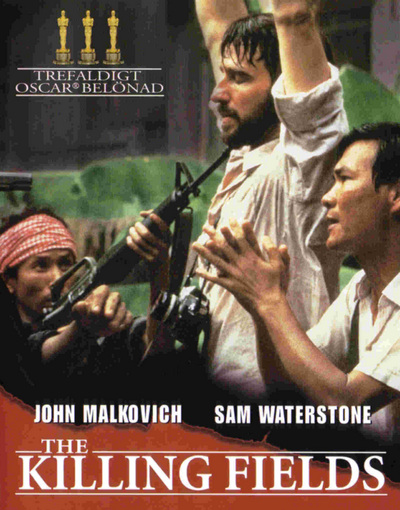 |
| Children will find this gem as a gentle introduction to social issues like class difference and identity |
Do we fleetingly remember the first glimpses of rebellion from our childhood? Have we become too old to give up on our curiosity and wild ideas? If yes, Viva Cuba will take us right back to that time and gently nudges us out of slumber to elicit a quiet chuckle. With a running time of only 80 mins, the film's biggest success is that it remains within itself. On the flip side, it is not a landmark film mostly due to director's reluctance to delve deeper into social issues and bring them to the forefront of a feel good film. Malu and Jorgito, two children on a road adventure allows us access to Cuba's gorgeous landscape from hot and exhausting Havana to a coastal lighthouse at the far end of the tiny country. Both friends have a mutinous streak but on closer observation, one can also notice their class stereotypes demonstrated in various behaviors. Bourgeois lady and daughter more obsessed with vanity than books and industrious Proletariat father more preoccupied with thrashing his child. All in all, the film serves as a lovely introduction to cultural and economic fissures in Cuban society while going on a fun ride with two naughty children played superbly by both actors.
As of June 7th, 2014, film is available on HULU Here



